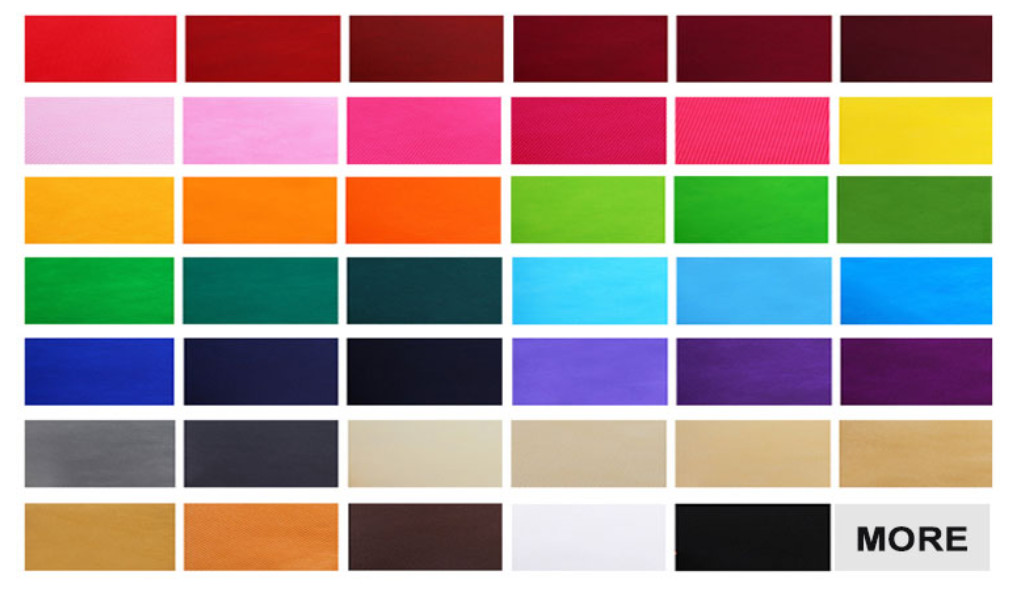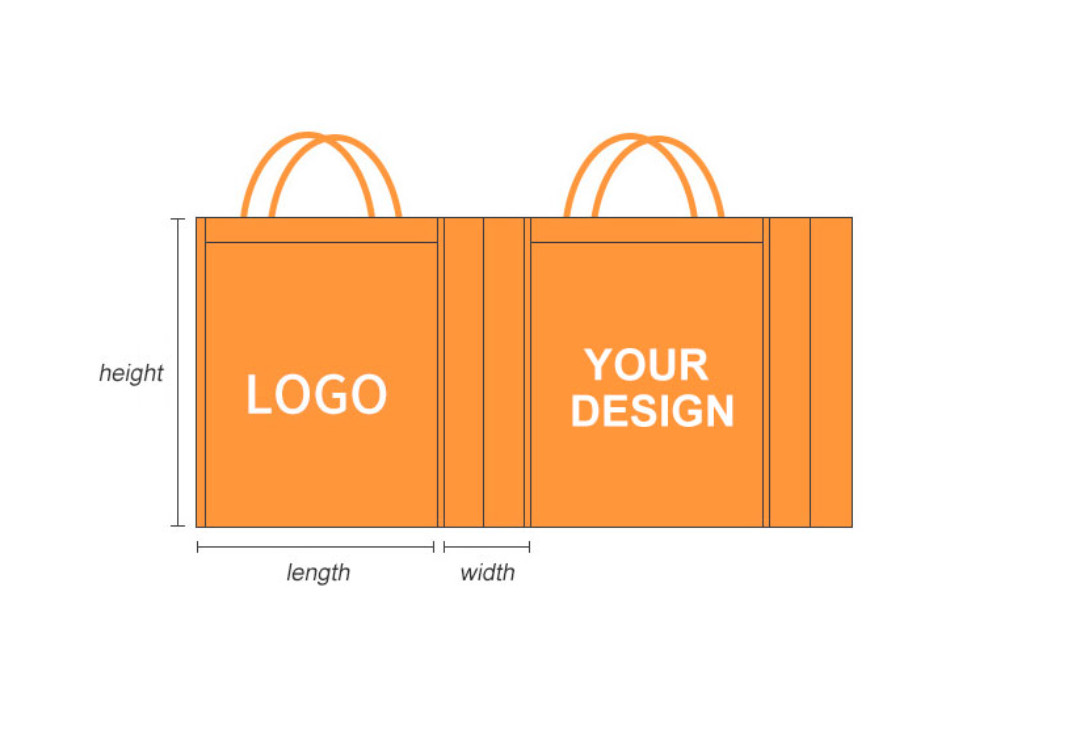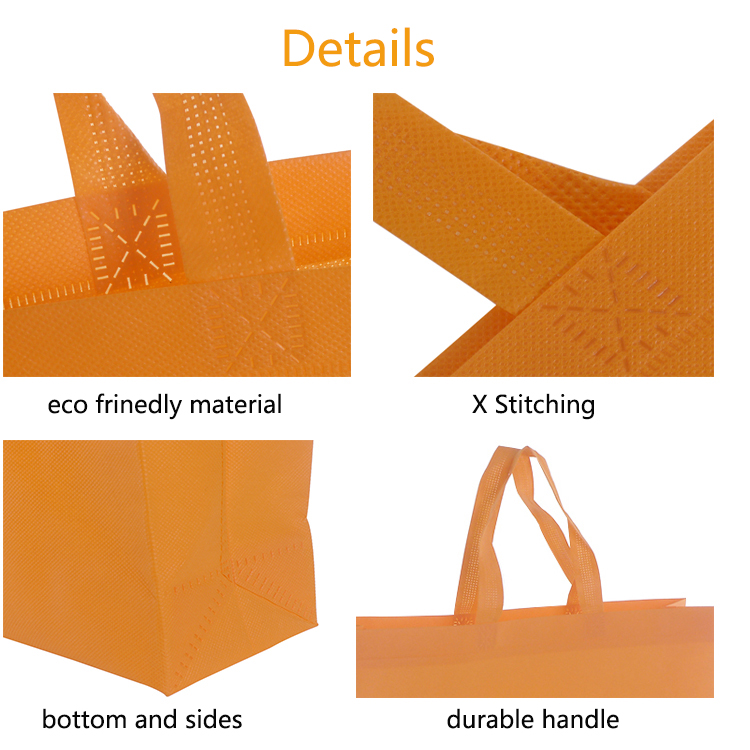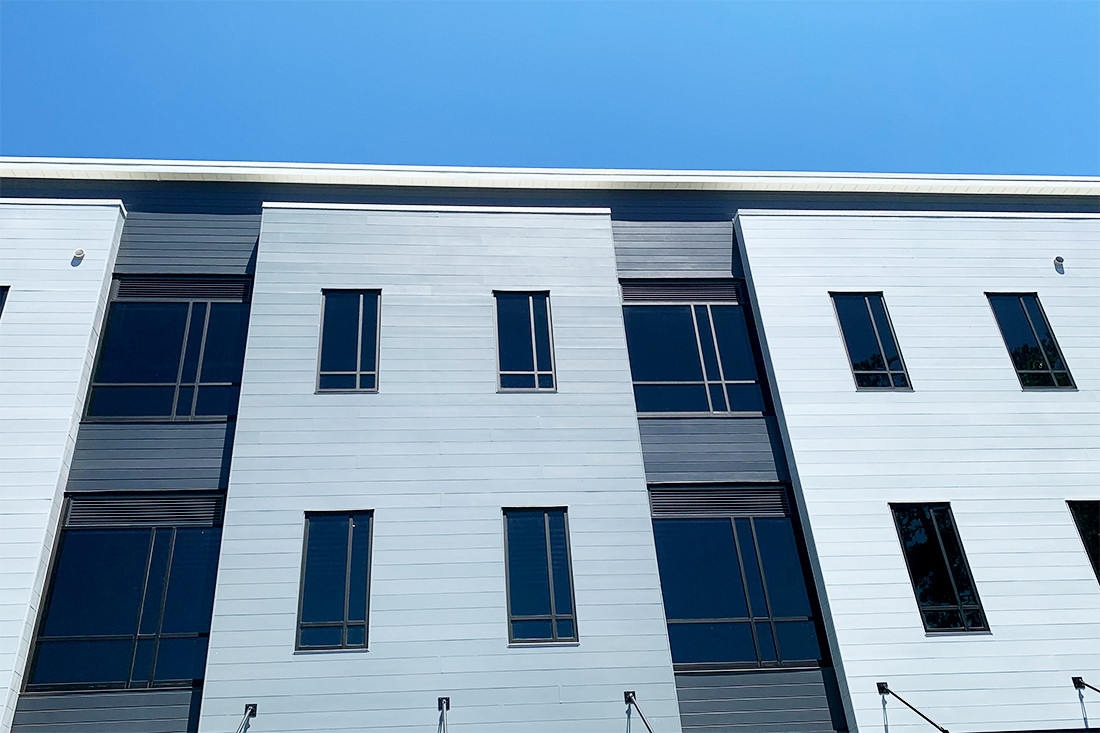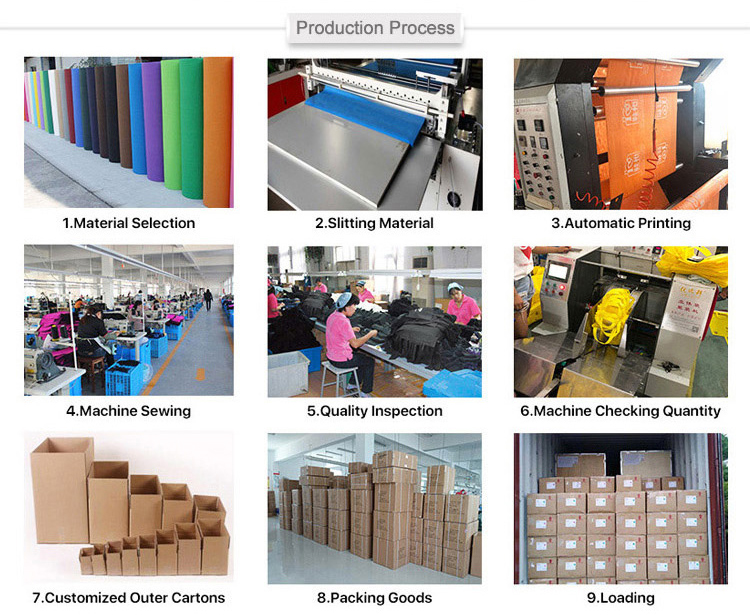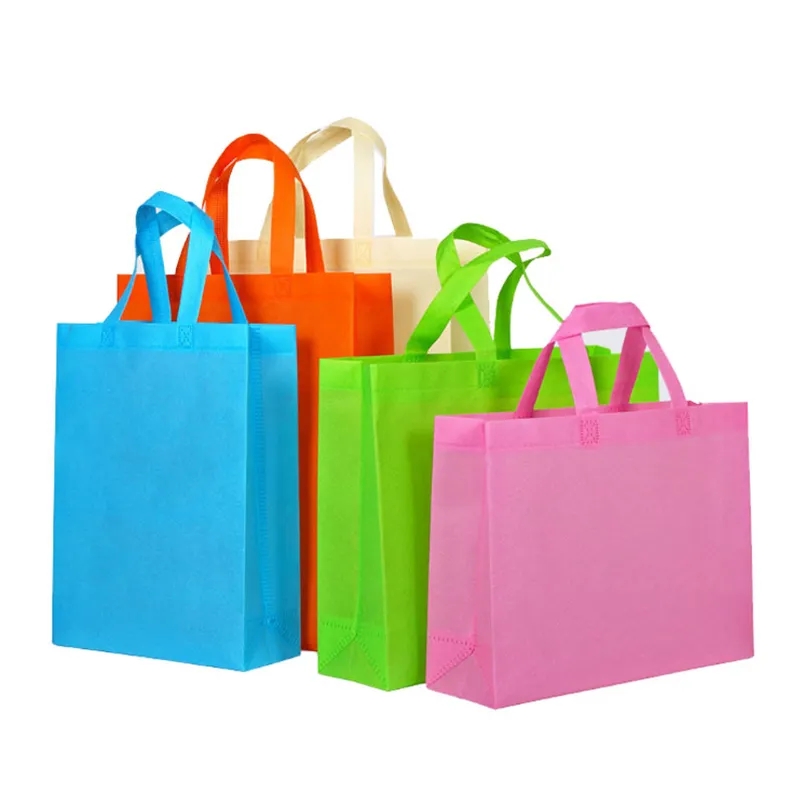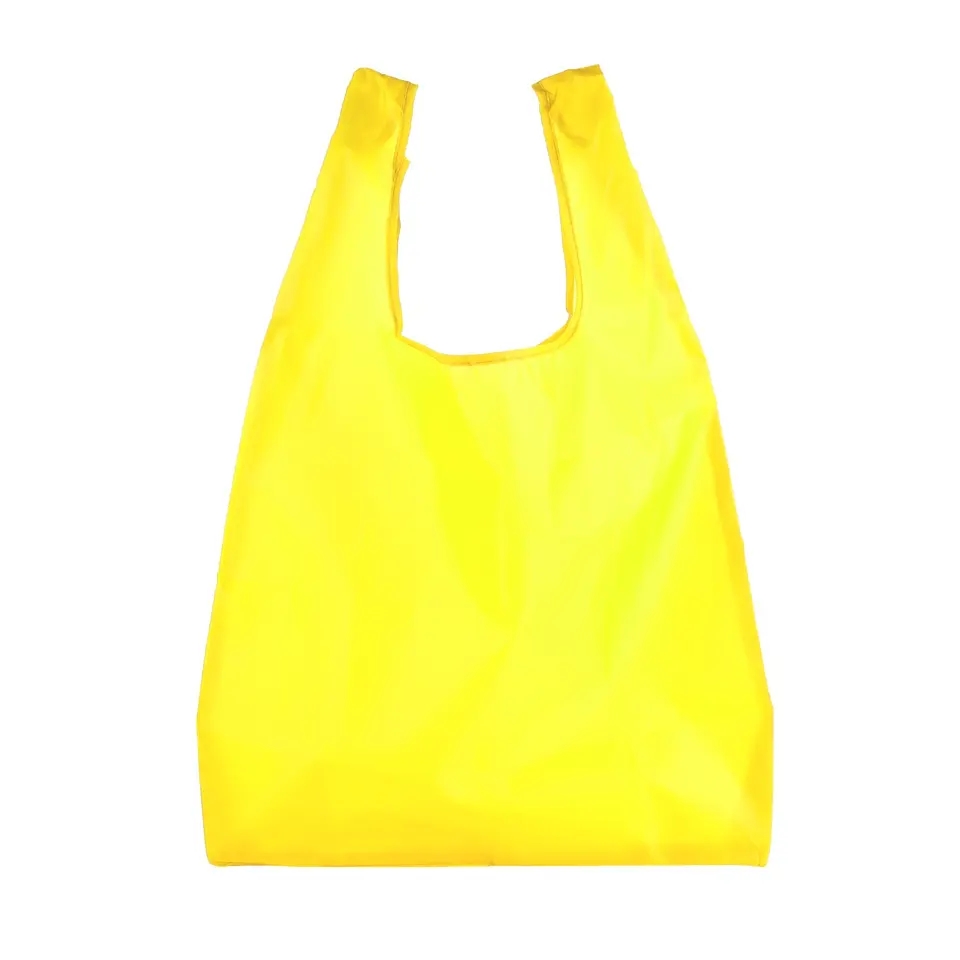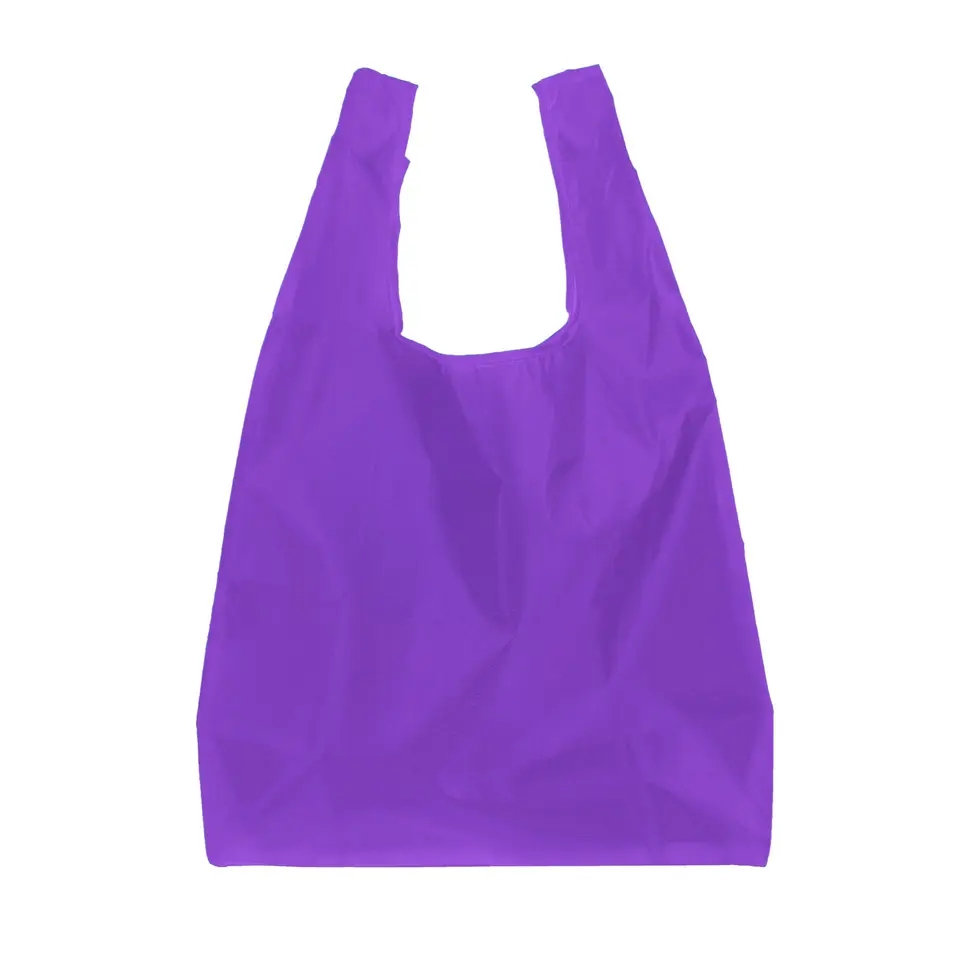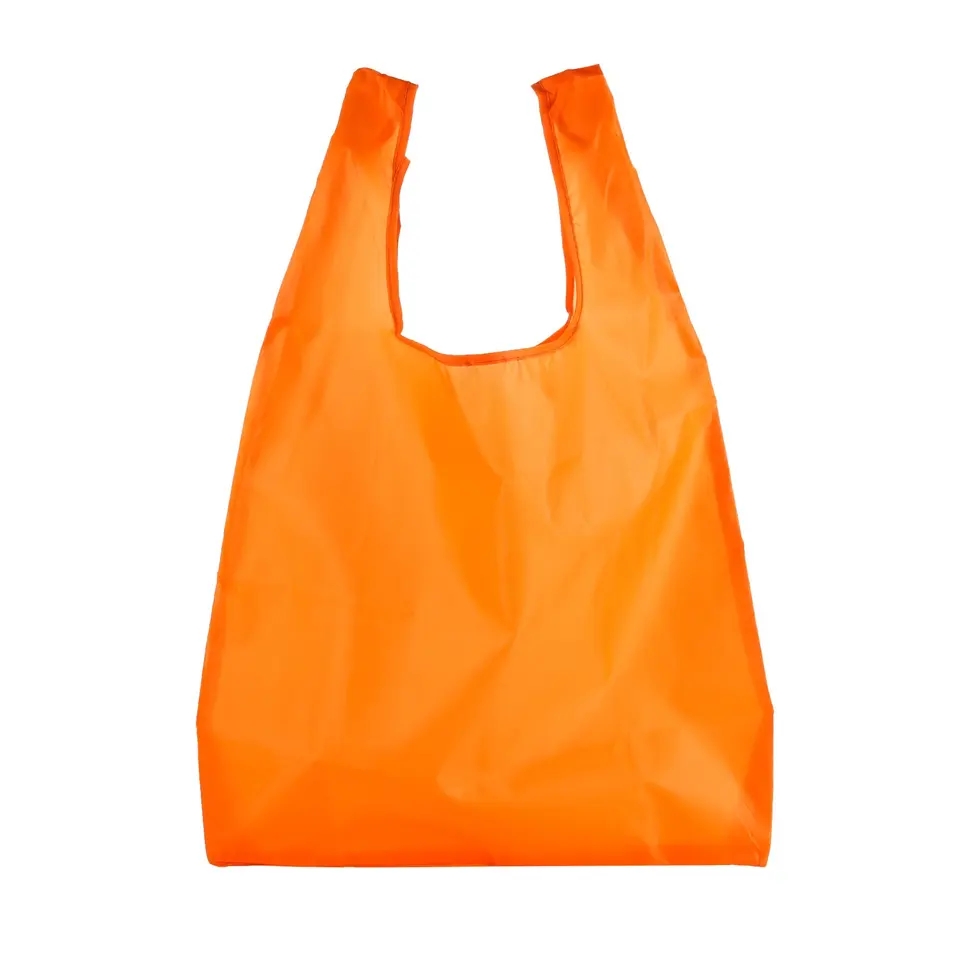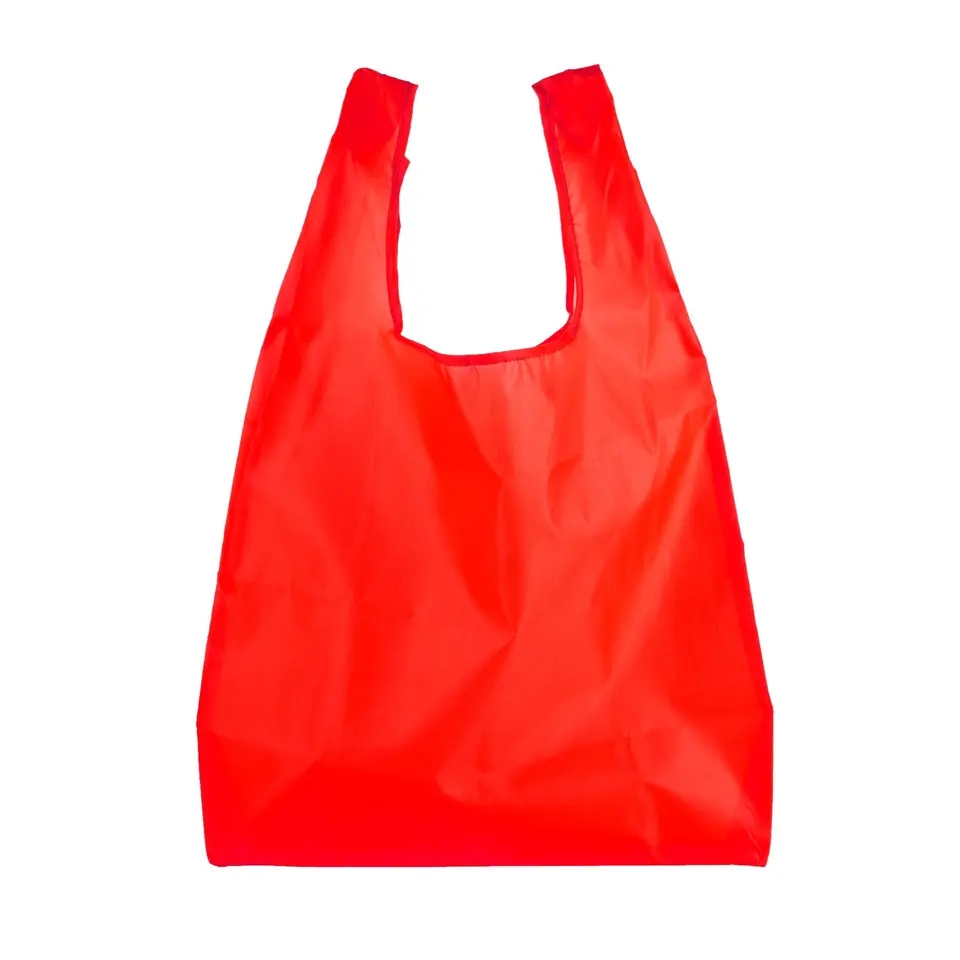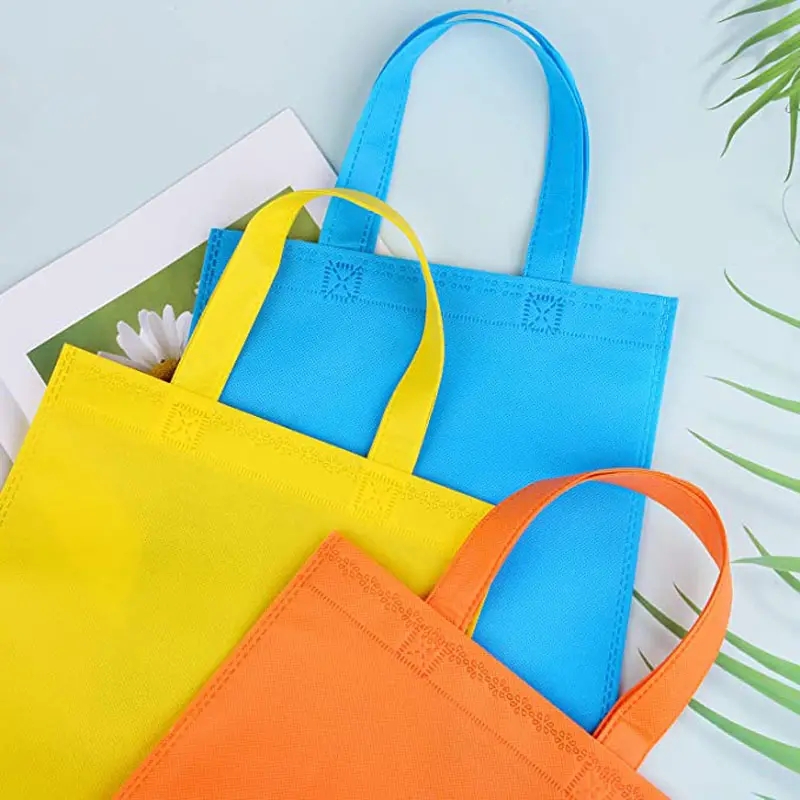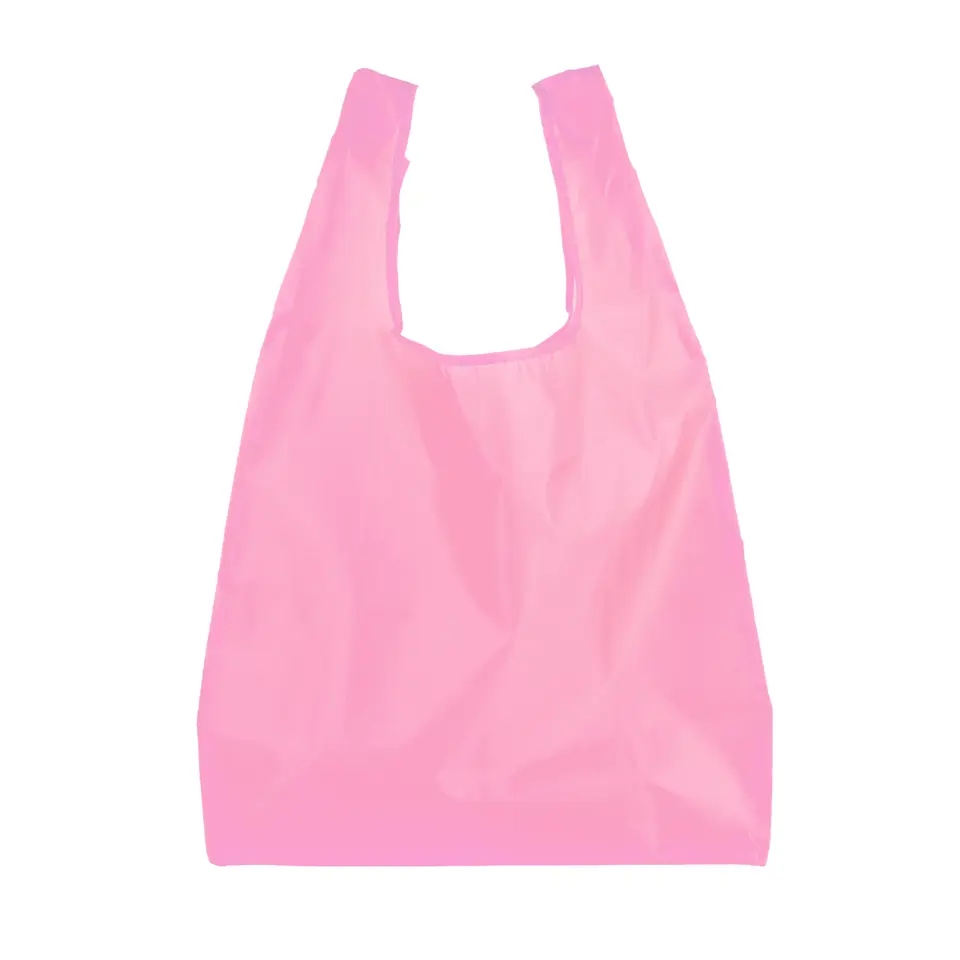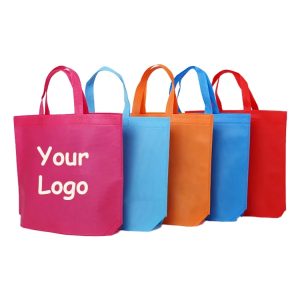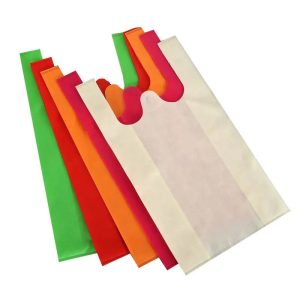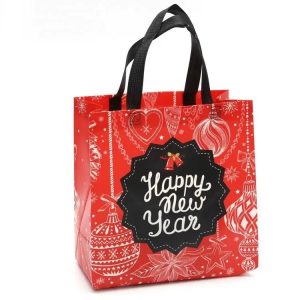Non-Woven Bags: Your Stylish and Sustainable Shopping Companion
Introduction: In an era where sustainability is paramount, non-woven bags have stepped into the spotlight as the ideal eco-friendly alternative to conventional plastic bags. These innovative, versatile carriers have gained widespread attention for their durability, reusability, and environmentally conscious production methods. In this article, we delve into the exceptional attributes, advantages, and manufacturing processes behind non-woven bags, underlining their crucial role in curbing plastic pollution and fostering environmentally responsible consumer behavior.
The Significance of Non-Woven Bags: Non-woven bags are ingeniously crafted from interconnected long fibers through mechanical, thermal, or chemical processes. In stark contrast to their plastic counterparts that wreak havoc on ecosystems, non-woven bags are biodegradable and readily recyclable. Their remarkable durability guarantees extended usage, diminishing the need for constant replacements and significantly decreasing waste generation.
Key Attributes and Benefits:
Unparalleled Strength and Longevity: Non-woven bags exhibit superior load-bearing capacity, making them a reliable choice for shopping, carrying books, or everyday essentials.
Eco-Conscious Composition: Derived from natural fibers or recyclable synthetics, non-woven bags impose minimal environmental impact. Gradually decomposing, they alleviate pressure on landfills and marine habitats.
Sustainable Reusability: Non-woven bags’ robustness ensures repeated use, diminishing the demand for single-use plastics. Moreover, they are easily washable, ensuring both hygiene and prolonged lifespan.
Customization Opportunities: These bags can be tailored to diverse preferences, available in an array of colors, sizes, and captivating designs, combining functionality with style.
Economical and Practical: Although non-woven bags might entail slightly higher initial costs, their extended lifespan translates to cost-effectiveness as they outlast their disposable plastic counterparts.
Manufacturing Unveiled: The production process of non-woven bags encompasses several stages:
Web Formation: Long fibers are meticulously arranged to create a web-like structure using techniques such as spinning, carding, or air-laid methods.
Bonding: These fibers undergo mechanical (needle punching), thermal (heat bonding), or chemical (adhesive bonding) processes to achieve structural cohesion.
Precision Cutting and Shaping: The bonded fabric is precisely cut and shaped into desired bag dimensions.
Artistic Expression and Finishing: Intricate designs can be printed using eco-friendly inks. Subsequently, bags are enhanced with handles, zippers, or other practical closures.
Championing Sustainability: By embracing non-woven bags over disposable plastics, individuals actively contribute to a cleaner environment. Retailers, by offering non-woven bags, showcase their commitment to sustainability, enlightening customers about their role in preserving our planet’s delicate balance.
Conclusion: Non-woven bags have emerged as a symbol of both durability and ecological mindfulness in the realm of bagging solutions. Their innovative crafting techniques, coupled with their resilience, reusability, and recyclability, position them as a fundamental instrument in battling plastic waste and embracing a greener tomorrow. By making the conscious choice to adopt non-woven bags, you embark on a journey to safeguard our planet for generations to come while doing so in style.
